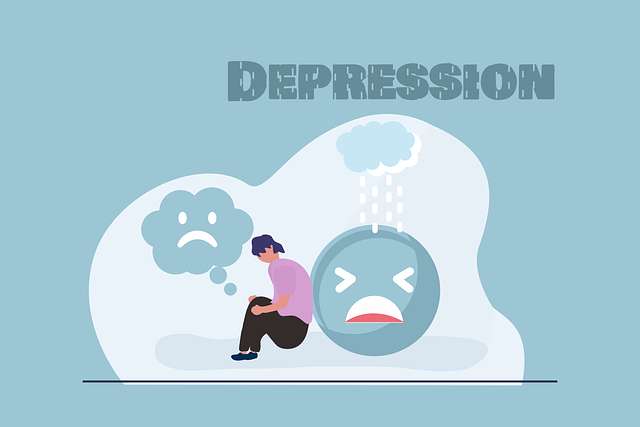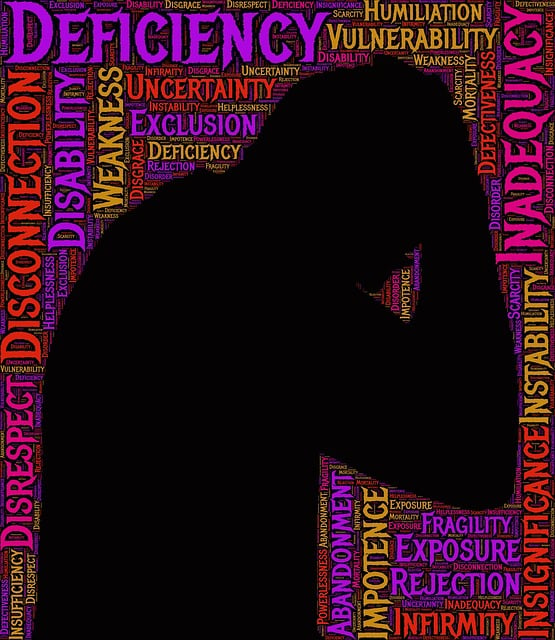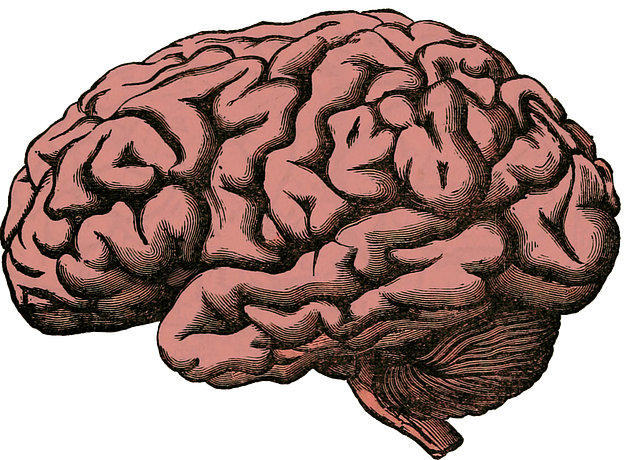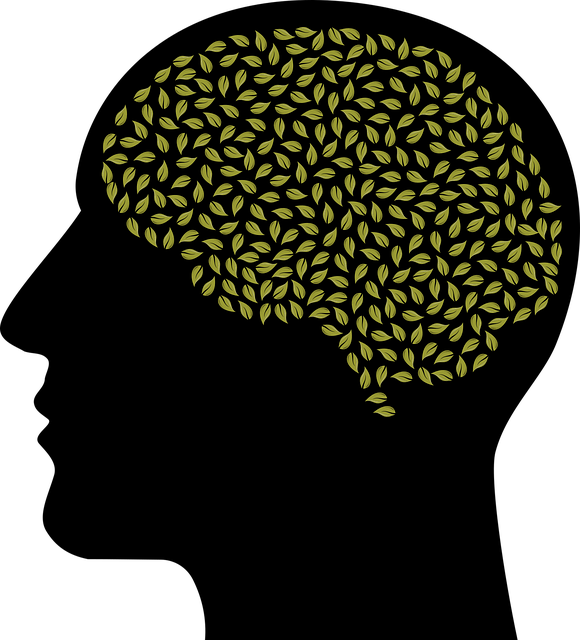Centennial Developmental Disability Therapy emphasizes the unique stress management needs of individuals with developmental disabilities, offering tailored workshops and coaching programs. These structured, holistic approaches blend journaling, mindfulness, and emotional regulation techniques, empowering participants to identify triggers and develop personal coping strategies. Inclusive facilitation methods, including peer support and specialized communication, create supportive learning environments. Rigorous assessment and evaluation ensure program effectiveness, leading to improved mental health outcomes and sustainable self-care routines for both participants and healthcare providers.
Stress management workshops play a pivotal role in enhancing the well-being of individuals with developmental disabilities, offering a powerful tool for navigating life’s challenges. This article guides organizations in creating impactful programs, from understanding the unique stress responses of this population to designing content tailored to their needs. We explore facilitative strategies for inclusive environments and provide assessment methods to ensure workshops are successful. By implementing these practices, Centennial Developmental Disability Therapy centers can empower clients with effective stress management skills.
- Understanding Stress and its Impact on Individuals with Developmental Disabilities
- Designing Effective Workshop Content for Stress Management
- Creating a Supportive Environment: Facilitation Techniques for Inclusive Workshops
- Measuring Success: Assessment and Evaluation Strategies for Stress Management Workshops
Understanding Stress and its Impact on Individuals with Developmental Disabilities

Stress is a universal experience, yet its impact can vary significantly among individuals, especially those with developmental disabilities. Centennial Developmental Disability Therapy highlights that while everyone faces stressful situations, folks with special needs might navigate them differently due to unique cognitive and sensory profiles. This can lead to heightened anxiety or difficulty in coping mechanisms commonly used by their neurotypical peers.
In designing Mental Health Education Programs, it’s crucial to understand these nuances. Crisis Intervention Guidance is not just about teaching relaxation techniques; it involves tailoring strategies to address specific challenges faced by this population. By incorporating tailored Anxiety Relief measures and fostering open conversations about stress, these programs empower individuals with developmental disabilities to better manage their emotional well-being, creating a more inclusive and supportive environment for all.
Designing Effective Workshop Content for Stress Management

Designing an effective stress management workshop involves creating a structured and engaging curriculum tailored to participants’ needs. At Centennial Developmental Disability Therapy, we focus on holistic approaches that blend various techniques such as Mental Wellness Journaling Exercises, mindfulness practices, and Emotional Regulation strategies. Our workshops are designed to be interactive, allowing individuals to explore their stress triggers, develop coping mechanisms, and gain practical tools for managing daily stressors.
Through the integration of evidence-based practices and personalized Mental Wellness Coaching Programs Development, our sessions empower participants with the knowledge and skills to enhance their emotional well-being. We encourage active participation, group discussions, and skill-building activities that promote a supportive learning environment. By combining theoretical guidance with practical exercises, Centennial Developmental Disability Therapy aims to provide sustainable solutions for managing stress, fostering better mental health outcomes, and improving overall quality of life.
Creating a Supportive Environment: Facilitation Techniques for Inclusive Workshops

Creating a supportive environment is paramount when organizing stress management workshops, especially when catering to individuals with Centennial Developmental Disabilities (CDD). Inclusive facilitation techniques are essential to ensure every participant feels comfortable and engaged. One effective approach is employing peer support groups where participants with CDD can connect and share their experiences, fostering a sense of belonging and reducing feelings of isolation. This collaborative atmosphere encourages open communication, one of the key aspects of successful stress management.
Additionally, training facilitators in specific communication strategies tailored to individuals with developmental disabilities is vital. These strategies might include using simple language, visual aids, and non-verbal cues to enhance understanding and participation. By integrating such inclusive practices, mental health professionals can create a safe space where everyone can actively engage in stress reduction techniques, ultimately promoting better self-care routine development for all participants.
Measuring Success: Assessment and Evaluation Strategies for Stress Management Workshops

Measuring success is a vital component of any workshop, especially those focused on stress management within healthcare settings. The assessment and evaluation process allows organizers to understand the impact and effectiveness of the program. One effective strategy involves pre- and post-workshop surveys to gauge participants’ mental wellness and emotional resilience. These tools can capture changes in their stress levels, coping mechanisms, and overall satisfaction. By comparing results, facilitators can identify key areas of improvement and tailor future sessions accordingly.
Additionally, long-term follow-up assessments are beneficial for evaluating the sustainability of learned skills. This could involve periodic check-ins or detailed case studies to understand how participants have implemented burnout prevention strategies, such as empathy-building techniques, into their daily practices. Centering on these assessment methods ensures that stress management workshops not only provide immediate relief but also foster lasting positive changes in healthcare providers’ mental wellness.
Stress management workshops tailored for individuals with developmental disabilities, like those at Centennial Developmental Disability Therapy, can significantly improve quality of life. By addressing stress understanding, providing practical tools, fostering supportive environments, and assessing progress, these workshops offer a holistic approach to well-being. Through effective facilitation techniques and inclusive practices, such programs empower participants to navigate life’s challenges with enhanced resilience and improved mental health outcomes.














